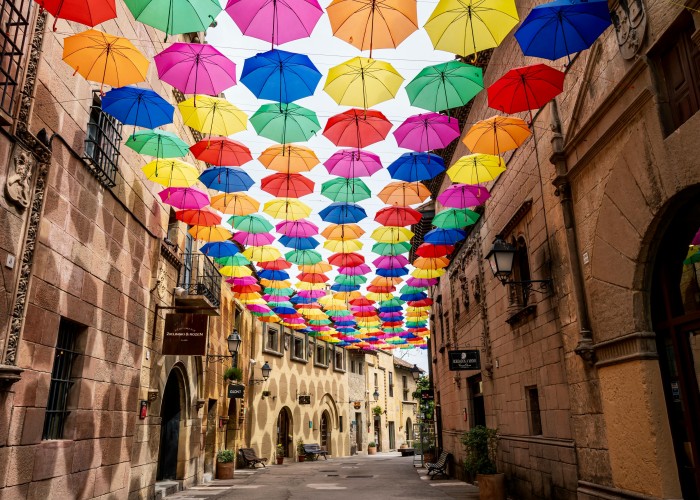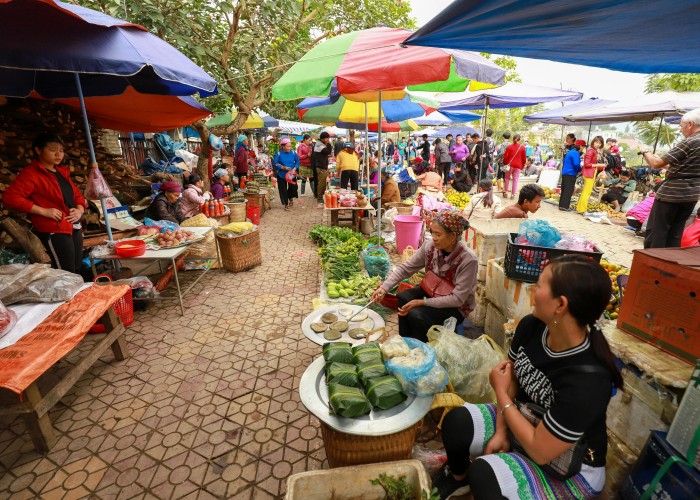Visit Our In-Demand General Blog
Visit Our In-Demand Tour & Travel Blog
Let’s continue to the blog..
Spain is one of the world’s most vibrant travel destinations, celebrated for its lively festivals, rich history, and delicious cuisine. From the bustling streets of Madrid to the historic alleys of Seville, tourists flock to Spain to experience its culture, architecture, and lifestyle. However, cultural differences can lead to awkward or unintended mistakes if you are not aware of local customs. Cultural Mistakes Foreign Tourists Should Avoid in Spain.
This guide highlights common cultural mistakes foreign tourists make in Spain and provides actionable tips to help you enjoy a smooth and respectful visit.
1. Misunderstanding Meal Times
One of the most common mistakes tourists make in Spain is misunderstanding local meal schedules. Unlike many countries, Spaniards have later meal times.
- Lunch (Almuerzo): Typically from 2 PM to 3:30 PM.
- Dinner (Cena): Usually begins around 9 PM and can go as late as 11 PM.
Arriving at a restaurant too early may mean the kitchen is not open. Likewise, expecting fast service is unrealistic as meals are meant to be leisurely. Tip: Adjust your schedule to local dining times and embrace the relaxed pace of Spanish meals.
2. Ignoring Tipping Etiquette
Tipping in Spain is much different from countries like the USA. Many tourists either over-tip or under-tip, leading to awkward situations.
- Restaurants: Tipping 5-10% is sufficient. Leaving coins or rounding up the bill is also acceptable.
- Cafés and Bars: Leaving small change is appreciated but not mandatory.
- High-End Restaurants: A tip of around 10% is considered polite if service is exceptional.
Tip: Always check if the bill includes a service charge (servicio incluido) before leaving an additional tip. Over-tipping can feel unusual to locals.
3. Misinterpreting Social Gestures
Spanish social interactions include gestures that may confuse tourists:
- Kissing on the Cheek: Common greeting, typically one on each cheek. Avoid shaking hands for informal greetings in social settings.
- Personal Space: Spaniards may stand closer than what some tourists are used to. This is normal and not intended as intrusion.
- Direct Eye Contact: Important in conversations to show attention and respect.
Tip: Observe locals and mirror their behavior to avoid misunderstandings.
4. Being Impatient in Public Spaces
Spain has a relaxed approach to public life. Tourists often make the mistake of rushing or showing impatience, especially in lines or public transport.
- Queues: Spaniards may have informal line formations. Cutting ahead can offend.
- Public Transport: Waiting patiently and allowing others to board or exit is expected.
- Cultural Sites: Museums and historical sites often have specific visiting hours. Arriving outside these times can be frustrating. Cultural Mistakes Foreign Tourists Should Avoid in Spain.
Tip: Practice patience and flexibility to align with local customs.
5. Misusing Language
Spanish is widely spoken across Spain, but regional languages like Catalan, Galician, and Basque are important in certain areas. Tourists often make the mistake of ignoring local language preferences.
- Basic Spanish Phrases: Polite words such as “por favor” and “gracias” go a long way.
- Regional Respect: In Catalonia, using Catalan phrases shows respect. Likewise, a few words in Galician or Basque are appreciated.
- Overestimating English: While English is common in tourist areas, assuming everyone speaks it can be disrespectful.
Tip: Learn basic Spanish greetings and phrases for better interaction.
6. Inappropriate Dress
Spain has different expectations for dress depending on location:
- Religious Sites: Modest clothing is required for cathedrals, churches, and monasteries. Avoid shorts, sleeveless tops, or revealing outfits.
- Beach vs City: Beach attire is for the coast; wearing swimsuits in city streets is considered inappropriate.
- Nightlife: Many restaurants and bars prefer smart-casual attire, especially in upscale areas.
Tip: Dress appropriately according to the setting to show respect and avoid attention.
7. Disrespecting Local Festivals
Spain is famous for its festivals like La Tomatina, Running of the Bulls, and Semana Santa. Tourists often make mistakes by not understanding cultural significance.
- Participating Respectfully: Follow local guidelines and observe safety instructions.
- Photography: Be mindful of sacred or solemn events. Flash photography may be prohibited.
- Behavior: Avoid excessive noise or behavior that disrupts the event.
Tip: Research festivals before attending and participate responsibly.
8. Overordering Food
Tourists sometimes misunderstand Spanish dining culture and overorder food or eat inappropriately.
- Tapas Culture: Tapas are small plates meant for sharing. Ordering one per person may be excessive.
- Paella and Regional Dishes: Sharing large dishes is customary; respect portion etiquette.
- Dessert and Coffee: Dessert and coffee are typically enjoyed after the main meal, not alongside it. Cultural Mistakes Foreign Tourists Should Avoid in Spain.
Tip: Ask locals or servers for guidance on portion sizes and ordering practices.
9. Misunderstanding Siesta Culture
The famous Spanish siesta can catch tourists off guard.
- Business Hours: Many shops and offices close for a few hours in the afternoon, typically from 2 PM to 5 PM.
- Tourist Expectations: Expect slower service during siesta hours, especially in smaller towns.
Tip: Plan your shopping and sightseeing around siesta times to avoid inconvenience.
10. Being Overly Loud or Obnoxious
Spain is a lively country, but excessive loudness in public spaces is frowned upon.
- Public Transport: Keep phone calls quiet and avoid shouting.
- Restaurants and Cafés: Speak at a moderate volume; enjoy conversation without disturbing others.
- Historical Sites: Respect the serene atmosphere of museums, cathedrals, and monuments.
Tip: Observe local volume levels and adjust accordingly.
11. Ignoring Environmental Etiquette
Spaniards are increasingly environmentally conscious. Tourists sometimes make mistakes by littering or neglecting recycling.
- Recycling Bins: Separate bins for glass, plastic, paper, and general waste are common.
- Public Spaces: Dispose of trash properly in streets and parks.
- Beaches: Avoid leaving waste behind; follow local regulations.
Tip: Respect local environmental practices to contribute positively during your visit.
FAQs – Cultural Etiquette in Spain
1. What is the appropriate greeting in Spain?
A kiss on both cheeks is common for social greetings; handshakes are formal.
2. Are Spanish people offended if I don’t speak Spanish?
Not offended, but using basic Spanish phrases shows respect and improves interaction.
3. How should I behave in religious sites?
Wear modest clothing, speak softly, and follow any posted guidelines.
4. Do I need to tip in Spain?
Tipping is not mandatory; leaving coins or 5-10% in restaurants is polite.
5. When is siesta observed, and how does it affect tourists?
Siesta is typically from 2 PM to 5 PM. Shops may close, and service can be slower.
Conclusion
Spain is a country with a vibrant, diverse culture that blends history, tradition, and modern lifestyle. Avoiding common cultural mistakes helps tourists enjoy a richer, more respectful experience. By understanding meal times, tipping etiquette, social gestures, and local customs, travelers can navigate Spain confidently and respectfully.





Leave a Reply